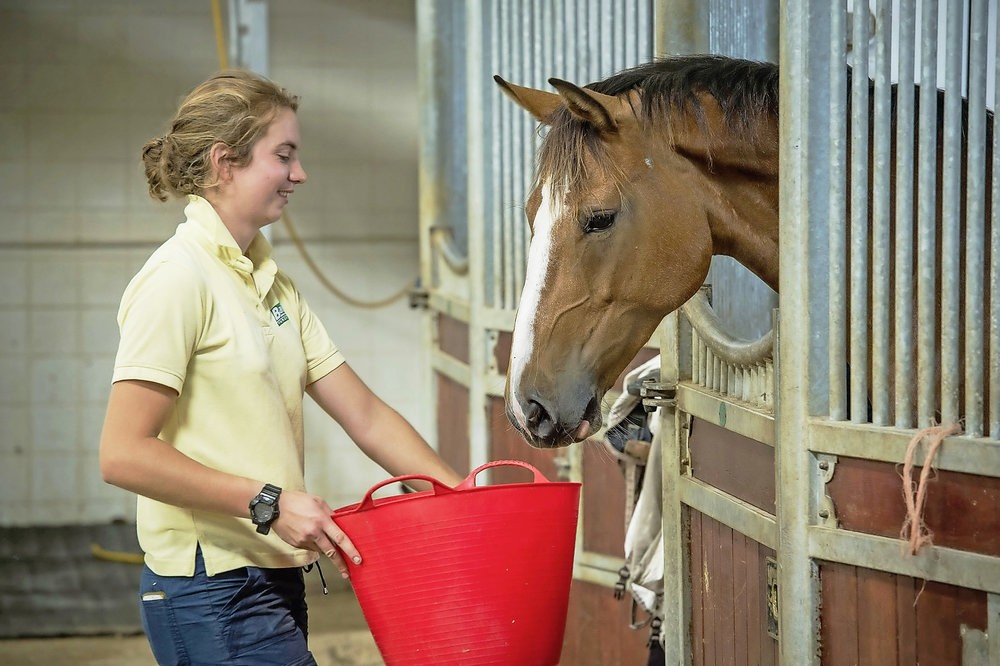When it comes to feeding beet pulp to horses, many equine enthusiasts are curious about its benefits and how it can fit into their horse’s diet. As a high-fiber, low-sugar feed option, beet pulp offers numerous nutritional advantages that make it an excellent choice for horse owners.

What is Beet Pulp?
Beet pulp is a byproduct of sugar beet processing. After the sugar is extracted, the remaining pulp is dried and often shredded or pelleted for animal feed. Despite its origin, it contains low sugar levels, making it suitable for horses with metabolic issues.
Benefits of Feeding Beet Pulp to Horses
1. Excellent Source of Fiber
Fiber is crucial for a horse’s digestive health. Beet pulp is rich in digestible fiber, which aids in the proper functioning of the equine digestive system.
2. Hydration Aid
When soaked in water, beet pulp can help keep horses hydrated, especially during hot weather or after intense exercise.
3. Weight Management
For horses that need to gain weight, beet pulp can be an excellent addition to their diet. It provides calories without a high sugar content, which is beneficial for horses prone to metabolic disorders. You can learn more about managing equine obesity and diet by visiting equine obesity and diet.
How to Feed Beet Pulp to Horses
1. Soaking Beet Pulp
Beet pulp is often soaked before feeding to prevent choking and aid digestion. It should be soaked in water for at least 30 minutes to an hour until it becomes fluffy and soft.
2. Mixing with Other Feeds
It can be mixed with other feeds like hay or grain to provide a balanced diet. Care should be taken to ensure the overall diet is well-balanced nutritionally. Discover how beet pulp can complement feeding horses with metabolic issues.
Considerations and Precautions
1. Nutritional Balance
While beet pulp is nutritious, it should not replace all forage. A diet too high in any single component may lead to deficiencies or imbalances. For more information on dietary deficiencies, visit 7 dietary deficiencies in horses.
2. Monitoring for Choking
Ensure that beet pulp is adequately soaked to prevent choking hazards. It should not be fed dry.
Common Myths About Beet Pulp
1. Beet Pulp is a Sugar-Heavy Feed
A common misconception is that beet pulp is high in sugar. In reality, most of the sugar is removed during processing, making it a safe option for many horses.
2. Beet Pulp Causes Colic
Feeding properly soaked beet pulp in moderation poses no greater colic risk than any other feed when introduced gradually.

FAQs
1. Can beet pulp replace hay?
No, beet pulp should not replace hay entirely but can supplement it to provide additional calories and fiber.
2. How much beet pulp should I feed my horse?
This depends on the horse’s weight, activity level, and nutritional needs. Consulting with a veterinarian or equine nutritionist is recommended.
3. Is beet pulp suitable for all horse breeds?
Yes, most breeds can benefit from beet pulp, but individual dietary needs must be considered.
In conclusion, feeding beet pulp to horses can be a beneficial addition to their diet when done correctly. As always, consult with an equine nutritionist or veterinarian to tailor the diet to your horse’s specific needs. For further reading on equine nutrition, visit Ohio State University’s horse nutrition guide.
For more insights into horse care, explore our articles on electrolyte supplements and biotin supplements.
This article contains affiliate links. We may earn a commission at no extra cost to you.








